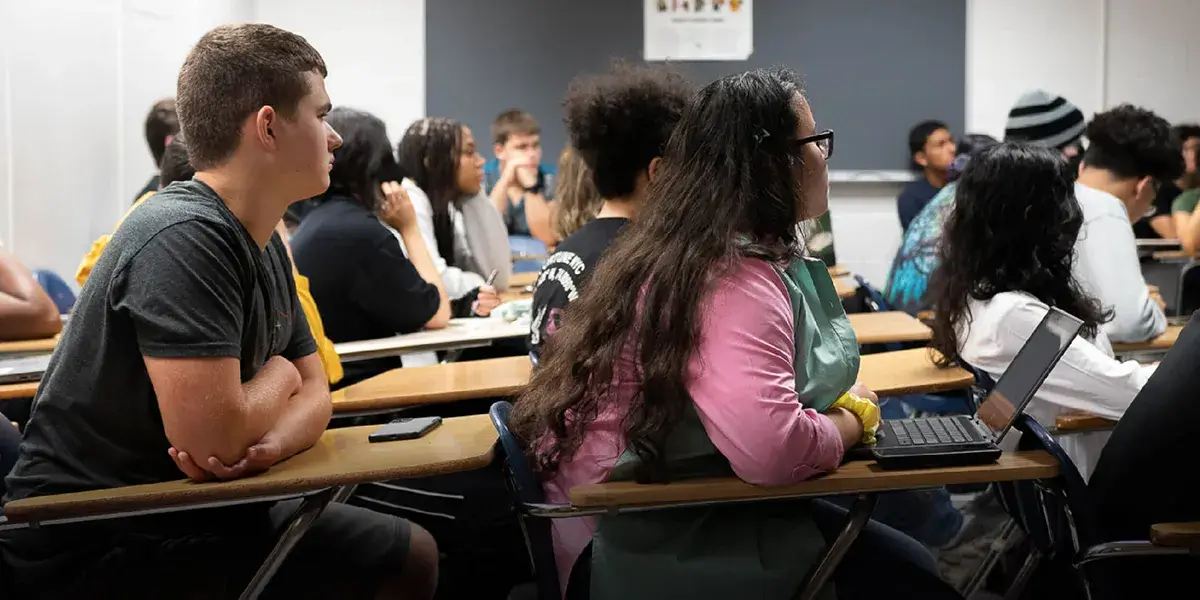
On Tuesday, April 25, 2023, the Prince William County (PWC) Board of County Supervisors adopted the County’s Fiscal Year (FY) 2024 Budget, which includes the PWCS FY 2024 Budget approved by the School Board on March 15.
“I would like to thank Chairman At-Large Ann Wheeler and the Prince William Board of County Supervisors who supported this budget demonstrating their commitment to Prince William County students and teachers,” said Babur Lateef, M.D., Chairman At-Large of the School Board. “This budget will provide resources to execute the goals of our PWCS Launching Thriving Futures Strategic Plan.”
Superintendent of Schools Dr. LaTanya D. McDade said, “Student success is our core business, and we remain steadfast in our commitment to funding our schools adequately and equitably to meet the unique needs of every learner.”
The budget dedicates about 80% of expenditures to supporting the instructional core: students, staff, and curriculum.
Notably, employees will earn an average 5% pay increase. “Over five years, our average teacher salary increase will total 27.3% [compounding effect],” Dr. McDade added.
In maintaining her commitment to regionally competitive pay, Dr. McDade has overseen an 18% increase [compounding effect] in average salaries. In addition to salary increases in FY23, PWCS added $20 million to various salary scales to improve our ability to retain and recruit staff.
Furthermore, over three years (FY20, FY21, FY22), health insurance for division employees did not rise. In FY23, health insurance costs increased by 2%. For the FY24 budget, PWCS saw a 3% increase. This can be contrasted against the increases in health insurance nationwide in the past five years: 3% in 2019, 3.4% in 2020, 6.3% 2021, 4.4% 2022, and 5.5% 2023. The division currently pays an estimated 70% of an employee’s health insurance.
Additionally, PWCS budget highlights include 75 new teaching assistants for classrooms serving students with special needs, three additional Pre-K classes, and retains 14 instructional coaches (previously funded by ARPA). Other classroom support includes international faculty, teacher residency programs, retaining 35 parent liaisons (previously funded by ARPA), and the addition of 62 parent liaisons. The budget also sustains 65 school-based safety and security personnel and adds eight staff positions dedicated to safety.
Further investments in the budget support the Unified Sports Program, special education teacher stipends, transportation safety and security, student engagement and non-traditional sports, and a review of coach supplements for athletic and academic competitions.
Funding for the Capital Improvement Program (CIP) focuses on new additions and facilities to address growth, renovation projects for older schools, and advancing sustainability goals.
